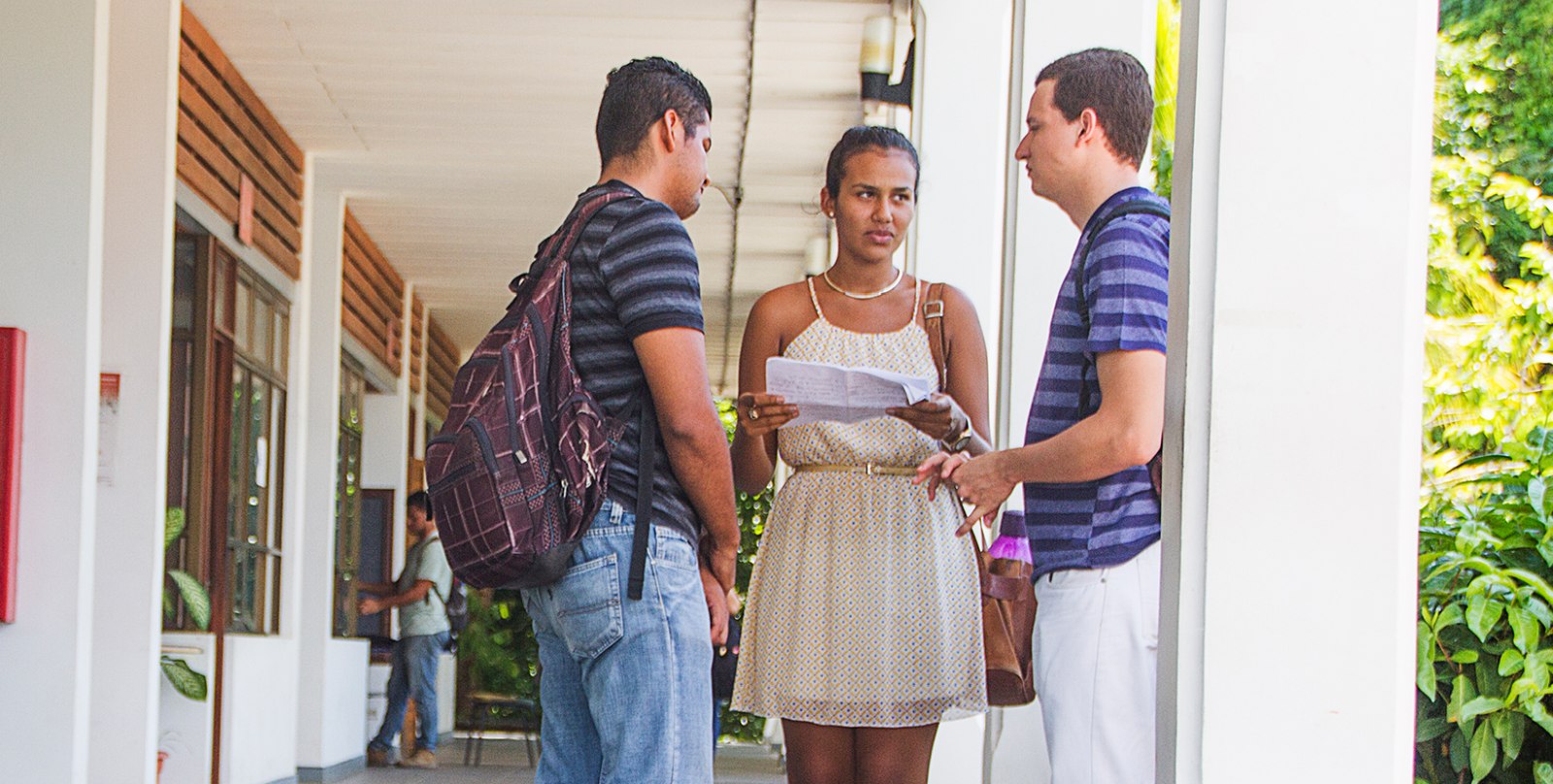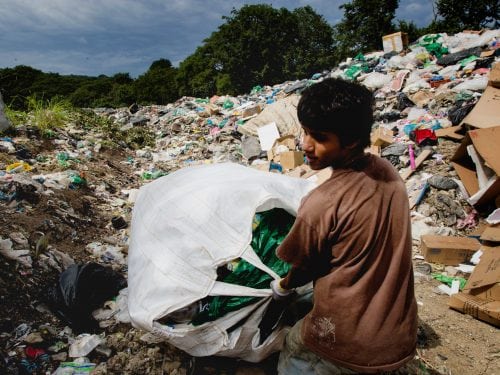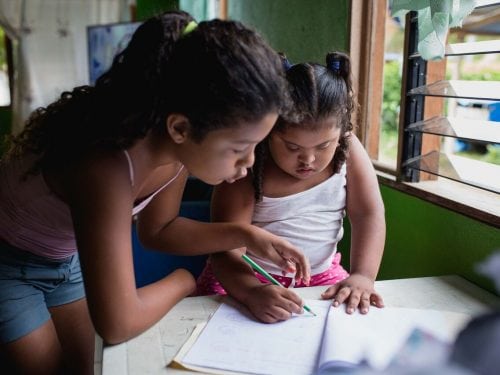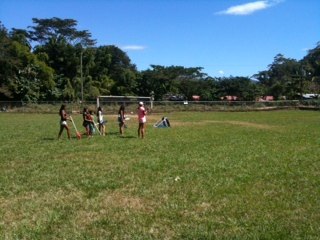
It would be wonderful to make it possible for our students to elect to study the career field that they are really interested in and passionate about right here in Guanacaste, with reasonable financial costs and without having to travel to other provinces.
However, those who manage to trudge through and overcome the 11 or in some cases 12 years of elementary and high school education encounter a huge dilemma: choosing which university degree program they will pursue and then being able to start it.
The Voice of Guanacaste got a pulse on the dissatisfaction and frustration felt by many young people regarding the limited academic options offered to them by the universities in Nicoya.
Some lucky ones are able to bear the costs of traveling and living outside of the province, but the vast majority end up giving up their dreams and preferred vocations and opting for a career that is in demand and that isn’t quite as difficult to study here.
Why can’t our kids study what they want? Why don’t the local universities and regional campuses do an honest evaluation of the curriculum of each of their degree programs and adapt them to the needs of tomorrow’s professionals? Do the universities know what their students really want, or are they only interested in charging tuition and marketing an education?
We must also recognize that there are differences between public and private universities. The former are government funded, so they should be the most flexible in offering career fields and materials, guaranteeing a serious and responsible commitment to the future of our youths.
On the other hand, it is understood that private universities are businesses that seek not only to provide professional training to their students, but also to make a profit. We know the cost to open a regional campus is high and should be assumed largely by their customers, the students, but that does not justify the disparity when charging for materials, tuition, labs and seminars, among other costs. The tuition fee to take one course should not be the same as to take four, and our students shouldn’t be held up in the completion of their degree when they are unable to register for a subject because there are not enough students enrolled to hold the class.
We recommend that universities do more market research to find out if they have enough students to make new career fields available— the results might be surprising— or at least they could offer a waiting list for prospective students.
The decision of what profession each person should choose is not up to just that individual. However, it should never depend on or be limited by the academic offerings of the area. Our young people must have the freedom to choose what they want to study and what they are really passionate about. Otherwise, they will embark on a different career path that won’t satisfy their aspirations.
The result is professionals graduating from universities disappointed, less productive and, most of all, unhappy because of dedicating themselves to something that is not their true calling.
The responsibility lies not only on the universities, but also on the government. A country that aspires to be decentralized and more equitable in the distribution of wealth should start taking responsibility for education and providing equal opportunities to all young people, especially those in Guanacaste, a province with a high poverty rate.
Taking responsibility for this would boost the spirit of education, and our youth would most likely view studying no longer as an obligation but as an opportunity for professional fulfillment and a way to learn unhindered and without restrictions, motivated to think big and stimulated to find answers to the profound questions and challenges posed by our current surroundings.







Comments